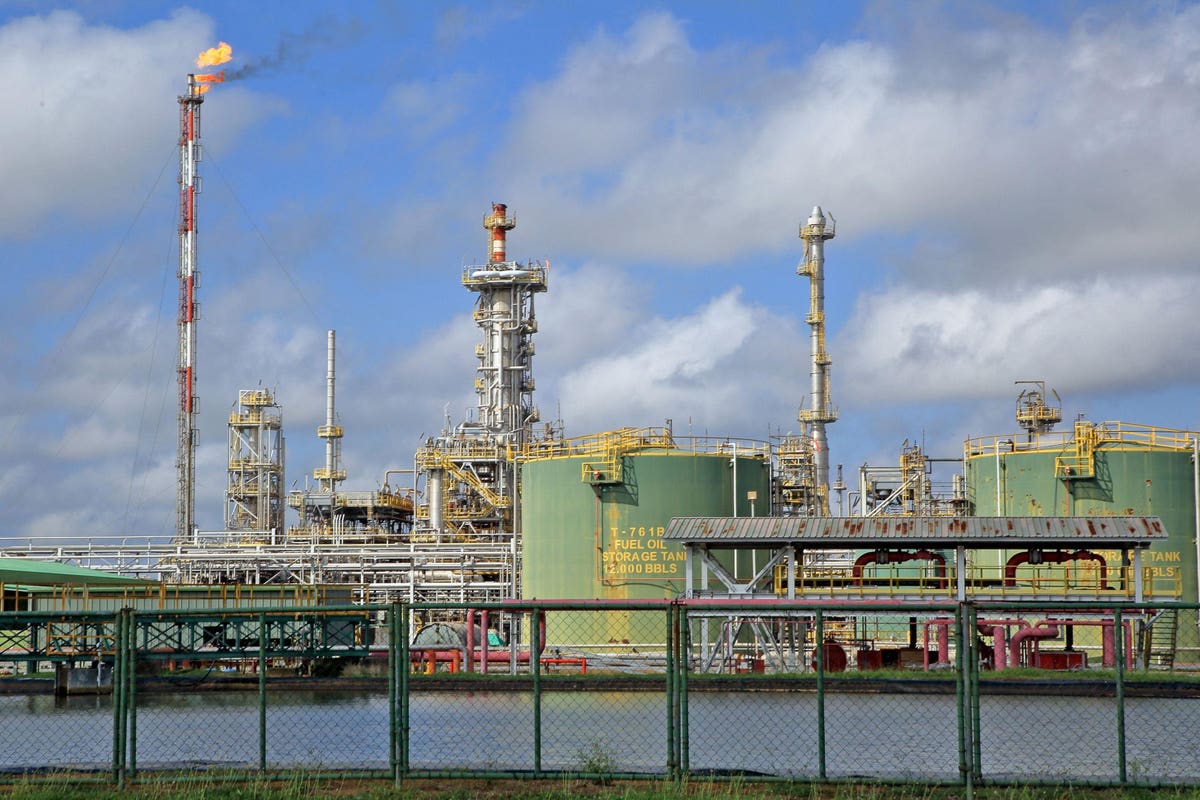Suriname has reached a new deal with bondholders to exit its default. Investors will get a cut of potential future oil profits, while forgiving part of the South American country’s sovereign debt. The government in Paramaribo has been in talks with holders of $675 mn of foreign bonds for three years. They have agreed to losses of 25% on their bonds, in return for a warrant of 30% of annual oil royalties – if the government receives at least $100 mn. Hopes are up thanks to the development of a new offshore reserve; the scheme is set to last until 2050.
Suriname experienced a similar economic downfall as other commodity producers in the region, from 2014 onwards. Nominal GDP per capita stands at $5,560, down from its peak at $10,040 in 2014. The IMF is also projecting strong growth for the next five years, reaching $7,070. The country is not a major oil producer. Rather, the largest sector is mining, primarily for gold, which could account for 70% of export revenues. However, exploration projects are highlighting petroleum as the area with the most promising prospects. Neighbouring Guyana is currently experiencing an oil boom, as new reserves are discovered off its coast. This new development is boosting expectations for Suriname, and is an essential factor behind bondholders’ agreement.
Some analysts have hailed the deal as setting a precedent for other states in debt distress. Throughout this century, such agreements became less popular, mostly as borrowing government ended up paying well above their expectations. A notorious example is that of Argentina’s $95 bn default in 2001, where it promised to pay out when the annual growth rate surpassed 3%. Two decades and $10 bn later, the warrants are still weighing on Argentina’s financial problems, without attracting more investors.
Read the full article here





